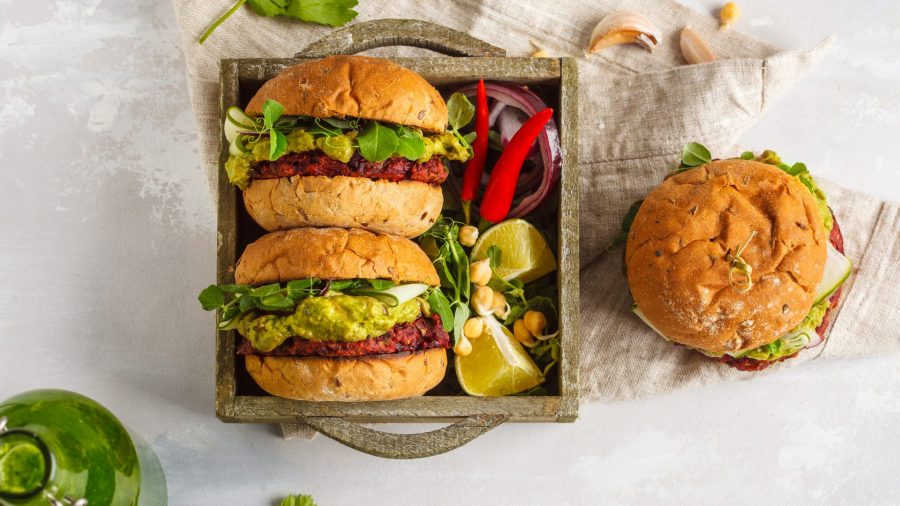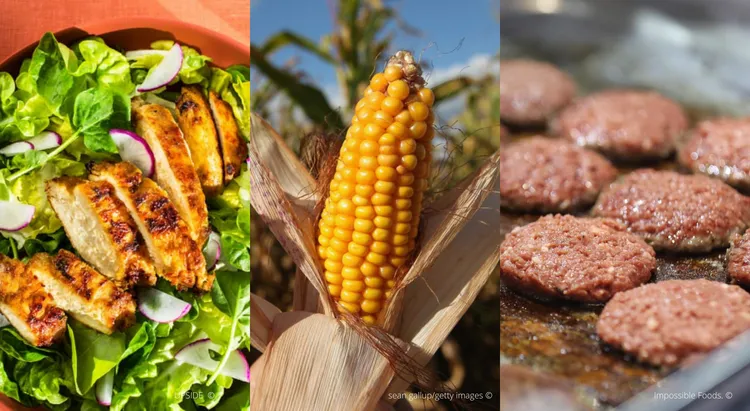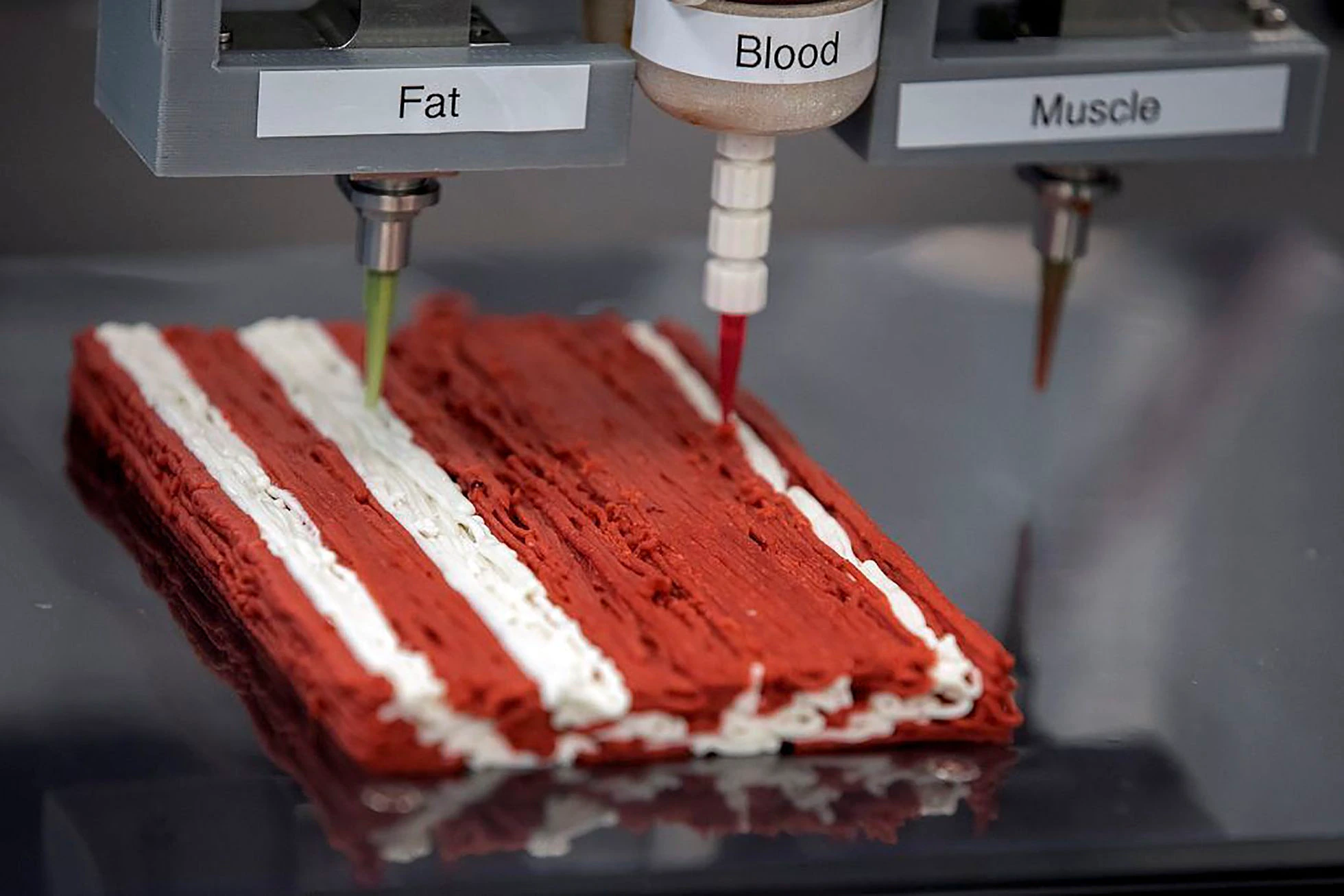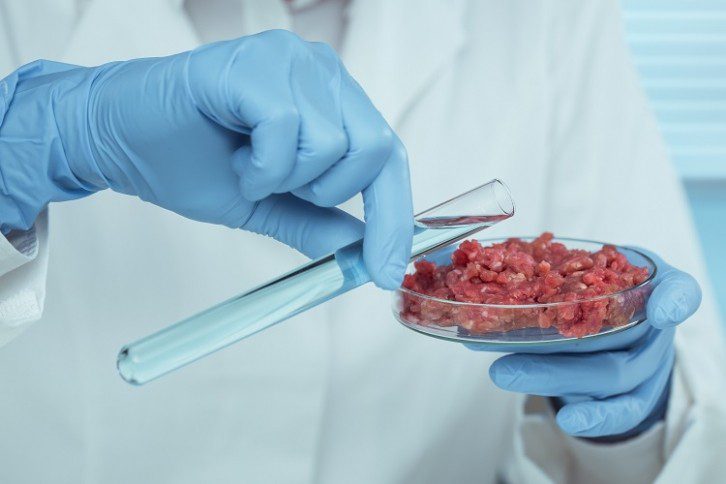With increased risks to the global supply chain due to climate change, the war in Ukraine, and a changing value system among Millennials and Gen Z, plant-based food and dairy have seen dramatic growth through 2021, with sales of $33.2 billion, according to Bloomberg Intelligence. They also predict that the market for plant-based protein food and diary will grow to $165 billion by 2031.
But, according to many industry participants, this may well be a very low baseline scenario. Given the health benefits of a plant-based diet, it’s not inconceivable that every person with a long-term health issue may be asked to switch to a plant-based diet. Mayor Adams of New York City, a well-known vegetarian, has stated he will switch all hospital and prison occupants to a plant-based diet.

THE FOOD REVOLUTION HAS ALL THE MARKINGS OF A GLOBAL MEGATREND
The inefficiencies of our current food system make it ripe for disruption, and the food revolution has all the markings of a global megatrend: mainstream adoption of plant-based foods fostered by solid business and sustainability means there is no turning back.
What’s the big deal about a plant-based diet? Eating a plant-based diet improves the health of your gut so you are better able to absorb the nutrients from the food that support your immune system and reduce inflammation. Those plant-based fibers can lower cholesterol and stabilize blood sugar, which is helpful for those people worried about heart disease and diabetes.

If you’ve given any thought to cancer prevention, a plant-based diet is consistently proven, over more than two decades, to reduce your risk for cancer, according to AICR. Eating plant-based does not mean you can’t eat meat. It means your meals are mostly plants: vegetables, whole grains, fruits, beans, seeds, and nuts.
Fill two-thirds of your plate with these plant-based foods. The remaining one-third should be a lean protein like chicken or fish or a plant protein like soy or beans. This new type of diet is called the Flexitarian option.
INNOVATION AND TECHNOLOGY ADVANCEMENT WILL BRING PRICE PARITY
Innovations in plant-based foods, precision fermentation, cultivated meat, and AgTech will render plant-based products less expensive over time. We consider it an inevitability that alternative proteins from animal cells, microbes, mushrooms, and plants will be a delicious, low-cost, and healthy part of our future. Millennials and GenZ are already on board with plant-based diets for themselves and the planet. According to the Plant Based Foods Association, 79% of Millennials include plant-based meats in their diet. In fact, among consumers of all ages, planetary health has just surpassed personal health as the main motivator for changing one’s diet (Innova Market Insights, October 2021). When price parity occurs, the market share between plant-based and animal-based proteins could invert within a short timeframe.
I, for one, have recently become a vegetarian and I do subscribe to the idea of aging backward by exercising regularly and using a mostly plant-based diet. If you’re like me you’ll want to do some research on investing options.

Innovation & Climate ETF is actively managed by a plant-based portfolio manager Dr. Sasha Goodman, a Stanford PhD. The fund charges an expense ratio of 0.75 percent and is on the NYSE Arca. The CEO of VegTech Investing, Elysabeth Alfano, is the host of The Plantbased Business Hour Podcast (available on iTunes), on which you can hear from the CEOs of the top firms in the Industry.
Areas in which to start your research:
- Plant-based Food and Beverages – including burgers made from pea plant protein, eggs made from the mung bean, and milk made from soy, oats or even watermelon seeds.
- Precision Fermentation – using biosynthesis and yeast to produce animal proteins, every local micro brewer could soon grow their own food in big steel drums next to the brewery. They have expertise working with washed oats, yeast, and barley.
- Cultivated Meat – taking animal cells and growing them in a controlled setting to create full cuts of meat without raising animals.
- AgTech – includes water technologies, greenhouses, and vertical farms that produce food more efficiently and effectively. In my research, I found a quality pure play ETF that invests in all of these themes over a diversified portfolio of over 40 companies. The EATV ETF has had a phenomenal 36% growth rate for its entire portfolio. If you want to get in early on the technologies (Tech to Table) that are shifting the global supply system towards sustainability and cruelty-free products, for a better climate, planet, and future, you may want to check out: The VegTech™ Plant-Based
Your clients will really relate to this theme, especially if they have kids
Talk about an ESG product that your clients can really relate to. If your clients have 3 or more children, odds are that at least one of them will be a vegan or vegetarian (if not all of them). Now, these underlying stocks have been beaten down over the last four months, like most high-growth tech or biotech stocks. But when the market rebounds, look at a thematic alternative you may not have even known about Plant-Based Innovation. This does not include Cannabis, but if you are invested in that theme, this is a natural extension.
In the Netflix series “The Traveler,” plant-based humans go back in time to the early 21st century. In their bid to save humanity by fixing the problems caused in this century, they experience animal-based proteins for the first time.
If you’re grilling this summer, try some plant-based burgers and sausages, to go along with the plant-and water-based beer that you’re drinking.









